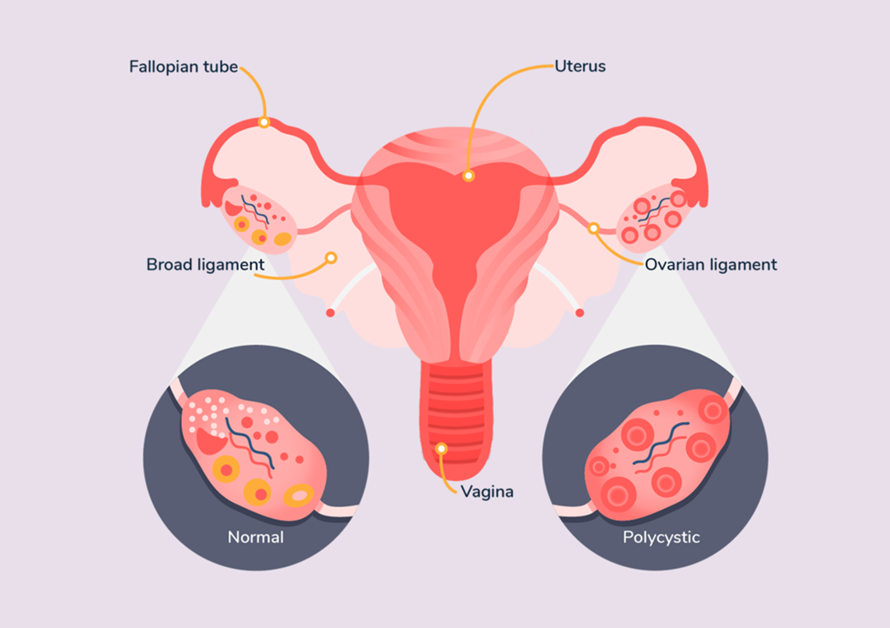Vaginitis
Definition of the illness
Vaginitis is inflammation in the area of the vagina. Up to a third of women will have symptoms of vaginitis at some point in their life. This disease affects women of all ages but is most common in the reproductive years. It is often and generally treatable.
Symptoms
1_ abnormal discharge with change in odor
2_ burning feeling outside of the canal throughout urination
3_ itch round the outside of the vagina
4_ Discomfort during intercourse
Risk factors
1_ Hormonal changes: such as those associated with pregnancy, birth control pills, or menopause.
2_ Sexual activity: having a sexually transmitted infection
3_ Medicines: such as antibiotics and steroids
4_ Use of spermicides, IUDs, or high estrogen contraceptives for birth control
5_ Uncontrolled diabetes
6_ Use of products for hygiene: as a bubble bath, vaginal spray, or vaginal deodorant
7_ douching
8_ Wearing damp or tight clothes
9_ Pregnancy
10_ Immune system disorders: such as HIV and organ transplantation
11_ Thyroid or endocrine disorders
When to see a doctor
You should see a doctor if:
1_ you are having symptoms of vaginitis for the first time
2_ you have had vaginitis before, but the symptoms are bothering you a lot, are different from the usual or do not seem not improving
3_ you have vaginal discharge that is unusual for you
4_ you have symptoms of vaginitis after having sex with a new partner
5_ you have other symptoms such as feeling hot and chills or pain in the lower abdomen (pelvic pain)
Diagnosis
There are many procedures the doctor tend to perform after asking the patients about the medical history of vaginal or sexually transmitted infections:
1_ Perform a pelvic exam by the doctor to look inside the vagina to see if there is any inflammation and abnormal discharge
2_ Perform pH testing: because an elevated pH can indicate either bacterial vaginosis or Trichomoniasis
3_ Collect a sample for lab testing: the doctor will take a sample of the discharge from the vagina and send it to a laboratory for checking.
Management
Treatment for vaginitis depends on the type of causative, so hygiene detergents should be controlled. Women have to avoid anything that leads to irritations; some medications treat Yeast infections, Trichomoniasis, and Bacterial vaginosis.
For example, you may need:
1_ antifungal medicine for thrush
2_ antibiotics for a sexually transmitted infection
3_ vaginal moisturizer, lubricant, or hormone treatment for menopause symptoms
4_ steroid medicine for skin disorders
Differential diagnosis
· Candidiasis
· Cervicitis
· Chlamydia (Chlamydial Genitourinary Infections)
· Gonorrhea
· Herpes Simplex
· Trichomoniasis
· Vaginal Candidiasis
· Vaginitis
References
· Mayo clinic
· Medscape
· ACOG
· NHS
· Cleveland Clinic


